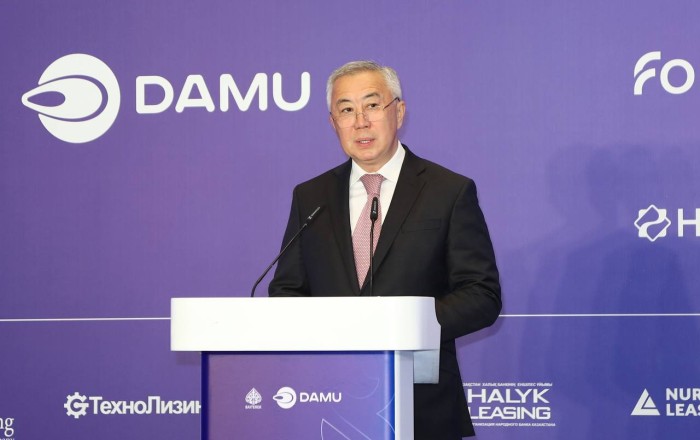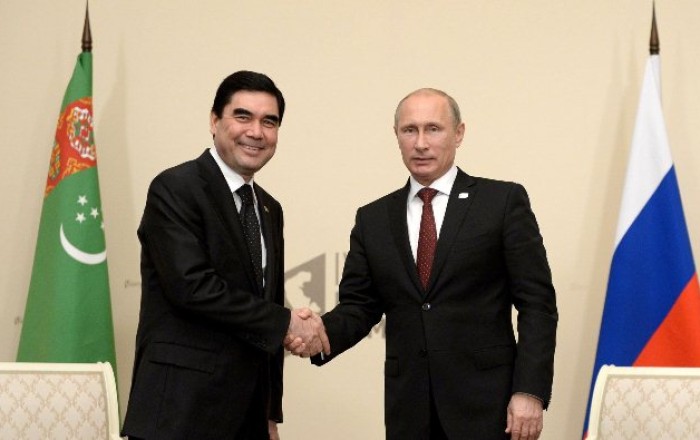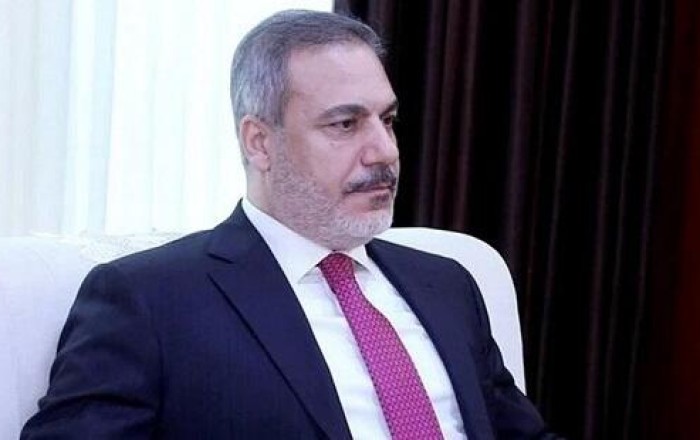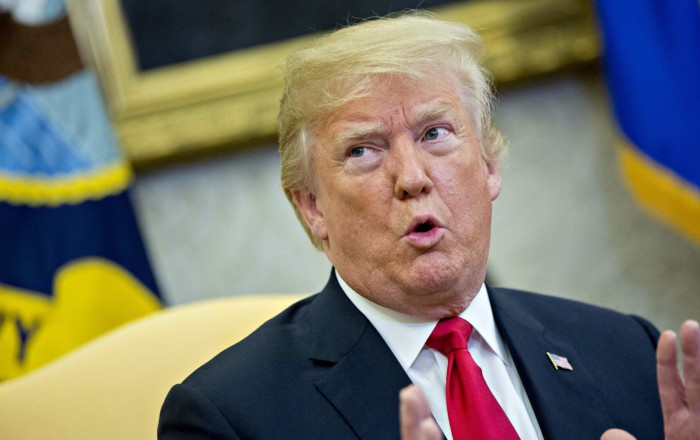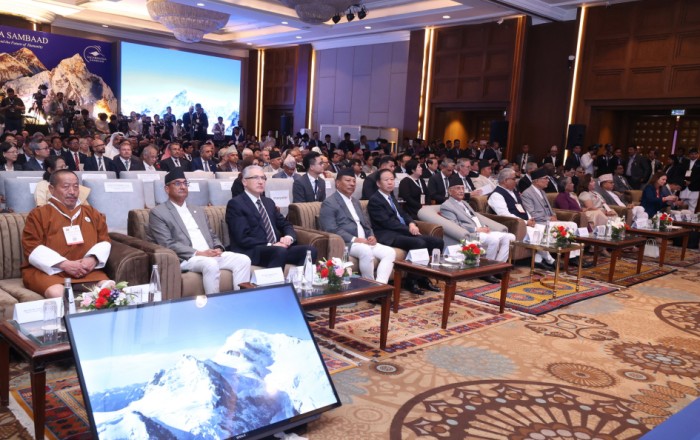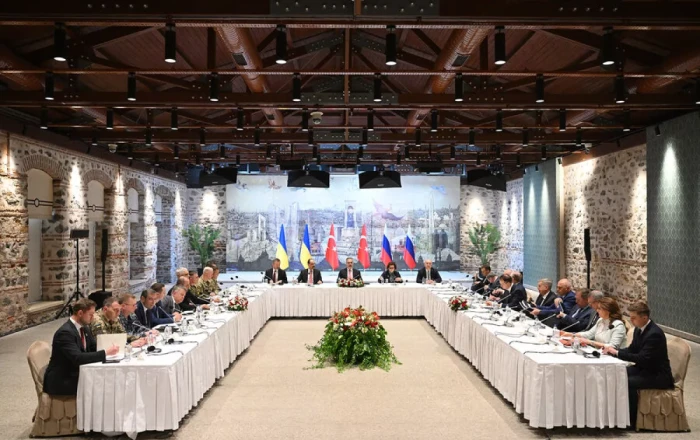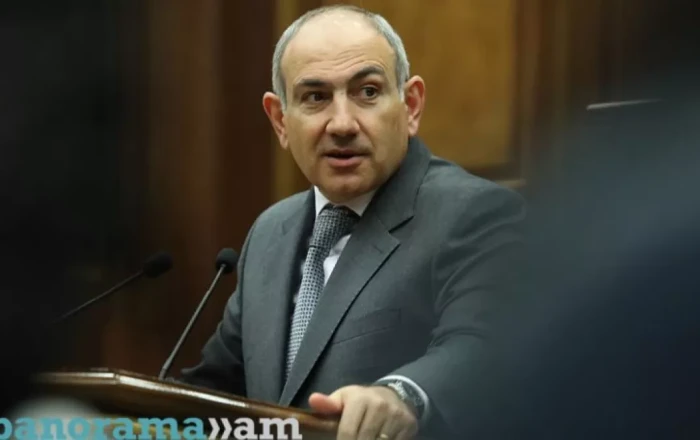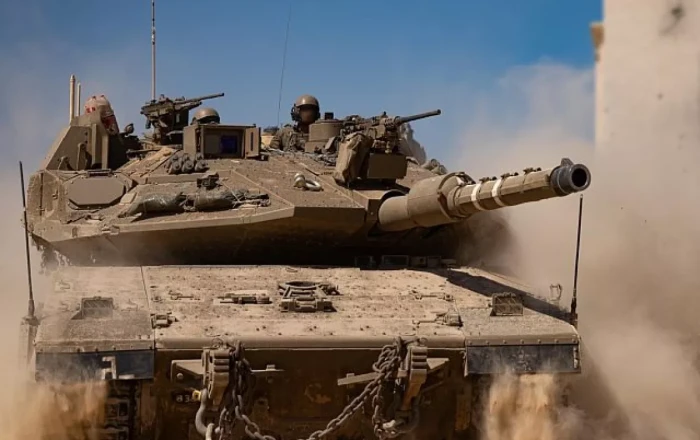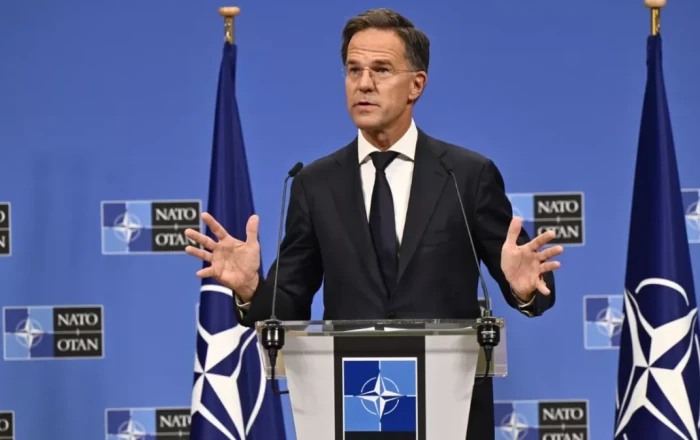In an era where diplomacy increasingly resembles the art of strategic chess, Azerbaijan is steadily solidifying its reputation as a state whose foreign policy is marked by calculation, foresight, and the ability to achieve its objectives even in the most challenging international circumstances. The upcoming summit of the European Political Community (EPC), scheduled for May 16, in Tirana, Albania — with the participation of Azerbaijani President Ilham Aliyev — is a logical continuation of the foreign policy trajectory successfully pursued back in October 2022 in Prague, where Azerbaijan secured one of the most significant diplomatic victories in its recent history.
To fully grasp the significance of the summit in Tirana, it is worth revisiting the events of autumn 2022. The Prague Summit held on October 6 — attended by the heads of state and government from 44 countries — entered Azerbaijan’s political annals as a moment when new emphases were established on the international stage, and the familiar scenarios orchestrated by the country’s adversaries were dismantled with masterful precision. At that time, the geopolitical landscape was undergoing profound transformation: Russia was facing mounting external pressure amid its war with Ukraine; the West was striving to expand its influence in the South Caucasus; and Armenian revanchist circles were attempting to bring the so-called “Karabakh issue” back onto the international agenda. France, through its President Emmanuel Macron, once again assumed the role of the chief advocate of Armenian interests, seeking to use European platforms to exert pressure on Baku.
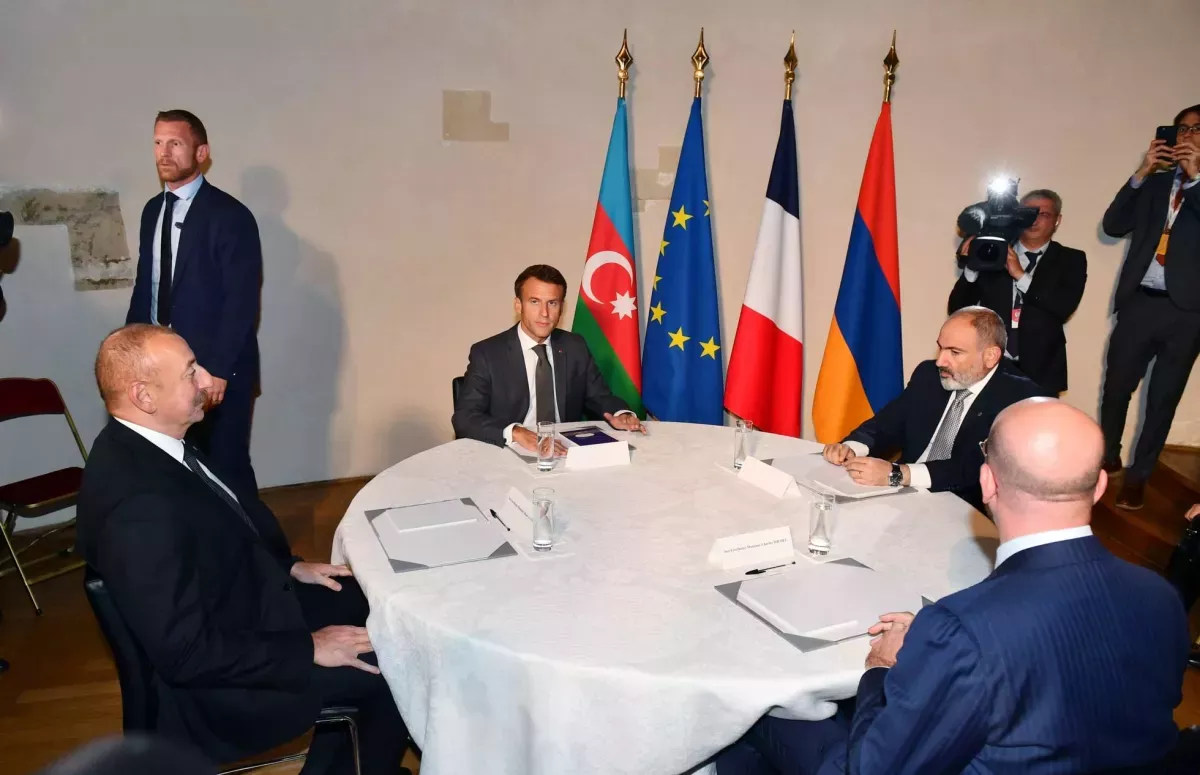
It was in Prague, however, that President Ilham Aliyev clearly demonstrated that Azerbaijan is not a passive subject of external decisions but a sovereign and influential actor in international affairs. In his remarks at the roundtable titled “Peace and Security on the European Continent,” held as part of the summit, the head of state outlined Azerbaijan’s approach and position on bilateral and multilateral relations, the new geopolitical realities, peace, security, and cooperation.
When the issue of Azerbaijan’s territorial integrity became the focus of discussion—and the plan devised by France, the EU, and Armenia began to take shape as a form of diplomatic pressure—Baku responded with a precise and calculated move that fundamentally altered the balance of power. The opposing parties found themselves in a classic zugzwang—where any further move would only worsen their position—and were ultimately compelled to publicly accept Azerbaijan’s stance. This was reflected in the Joint Statement adopted following the quadrilateral meeting at the EPC Prague Summit, involving Azerbaijani President Ilham Aliyev, French President Emmanuel Macron, European Council President Charles Michel, and Armenian Prime Minister Nikol Pashinyan.
The statement marked a critically important step toward recognising the new realities established by Azerbaijan in the South Caucasus through its Victory in the Second Karabakh War. Specifically, it reaffirmed commitment to the 1991 Alma-Ata Declaration, which unequivocally confirmed the internationally recognised borders of the former Soviet republics—including those of Azerbaijan.
Of course, this recognition was not an act of goodwill—let alone the result of a policy shift by Armenia or its Western patrons. Rather, it was a forced decision, dictated by Baku’s diplomatic calculation, which left its opponents with only one viable course of action. In effect, the EPC Prague Summit became the turning point after which discussions about the so-called “status” of Karabakh were definitively removed from the international agenda, and Azerbaijan’s territorial integrity received firm international affirmation.
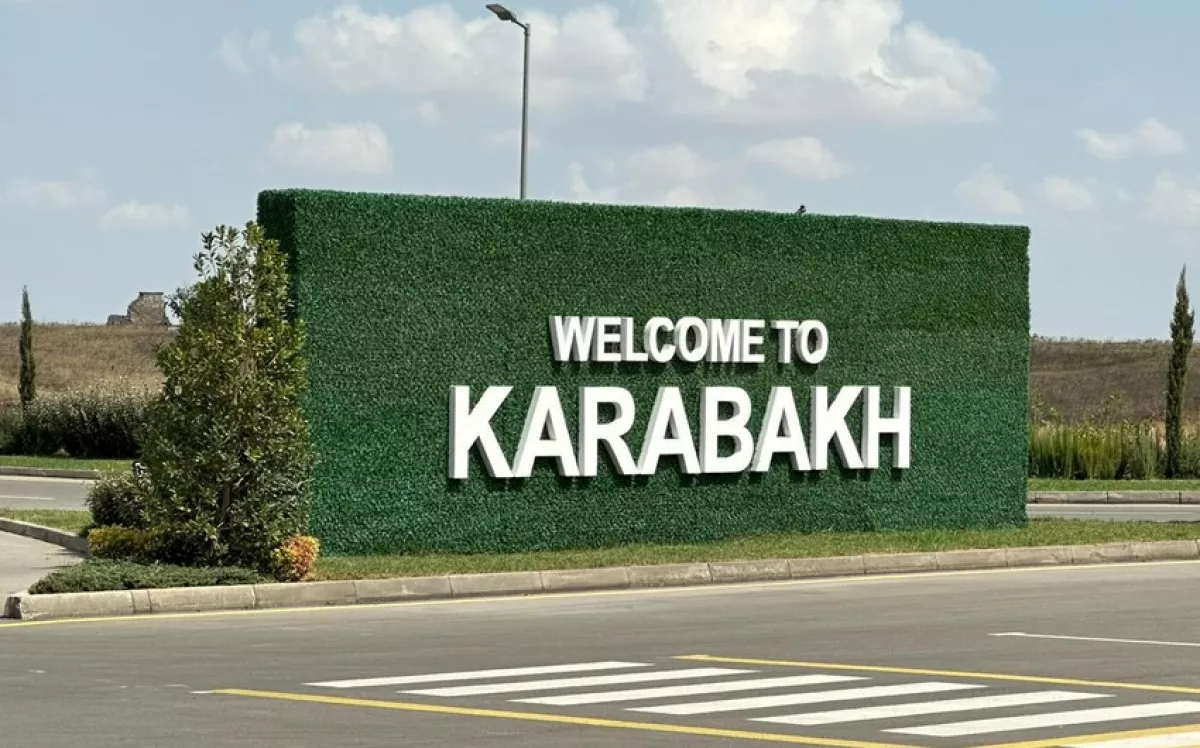
Notably, at the time of the Prague summit, Russian peacekeepers were still present on the territory of Azerbaijan. Their presence was viewed by some international analysts as a potential obstacle to the full restoration of the country’s sovereignty. However, the outcomes of the Prague meeting served as both a symbolic and legal foundation for the subsequent steps that led to the restoration of full control over all Azerbaijani lands. Prague not only secured this recognition de jure, but also accelerated the de facto process of the withdrawal of foreign military forces from the Karabakh region—marking the beginning of a new chapter in the history of independent Azerbaijan.
It is no surprise that, to this day, the Prague statement continues to provoke a painful reaction in certain circles in Russia, within the French establishment, and among Armenian revanchists who remain nostalgic for the lost opportunity to exploit the Karabakh issue for their political aims. For Moscow, it signalled a clear loss of former influence in the region; for Armenian and French politicians, it marked the end of illusions about revising the newly established order. In this context, criticism of the Prague format is little more than an admission of lost ground and a failure to shape the emerging regional agenda.
Of course, these forces later attempted to reverse the outcomes of the Prague meeting—most notably in Granada, Spain. However, President Aliyev made a principled decision not to attend the EPC summit in Granada, fully aware that certain EU countries intended to “assist” Armenia in continuing its revanchist policy, to turn the negotiations into a rigged game, and to apply collective pressure on the Azerbaijani delegation. Yet even in this case, the President of Azerbaijan disrupted the opponents’ game plan.
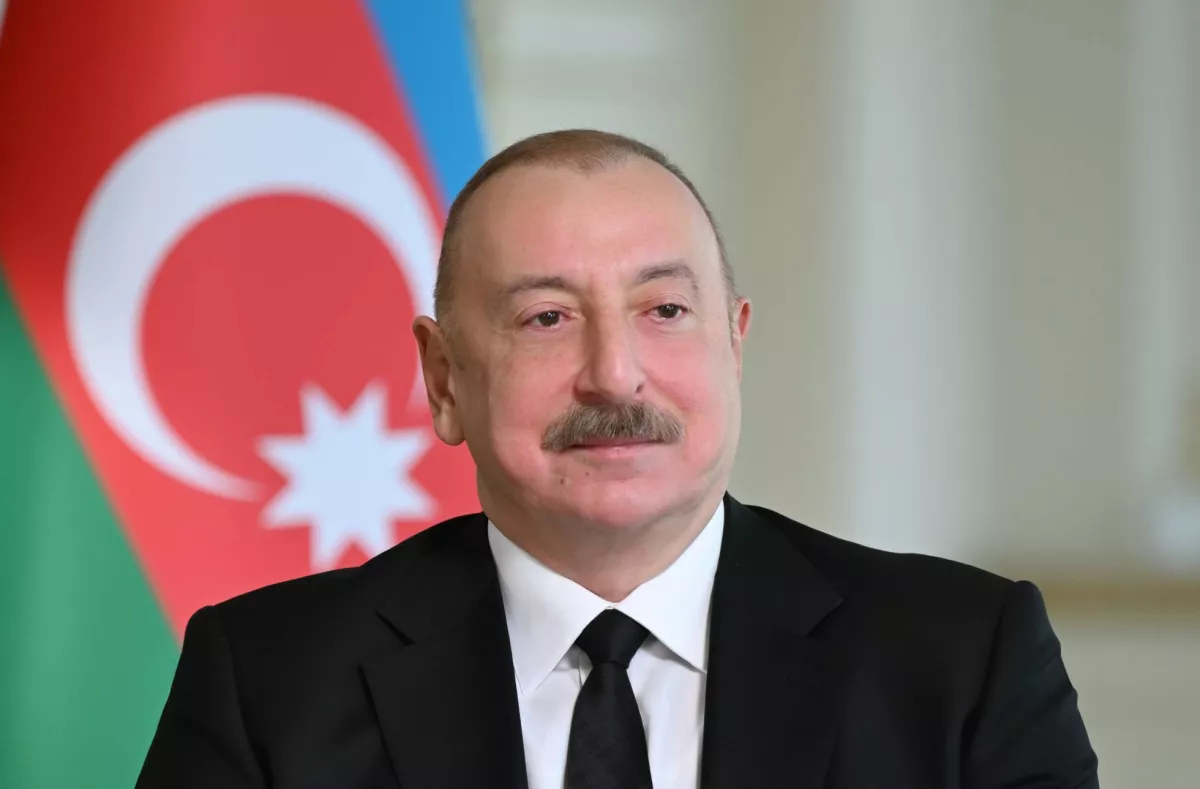
The European Political Community summit in Tirana will take place in a completely different environment. Azerbaijan now approaches from the position of restored sovereignty, demonstrating how a country with a balanced foreign policy effectively defends its interests and makes a practical contribution to shaping the regional order. This is the result of many years of systematic work under the leadership of President Ilham Aliyev, based on a precise understanding of domestic priorities and global trends. Such a policy is built on farsighted calculations, the ability to anticipate developments, and the timely offering of solutions that align with the country’s strategic interests.
Source: caliber.az



